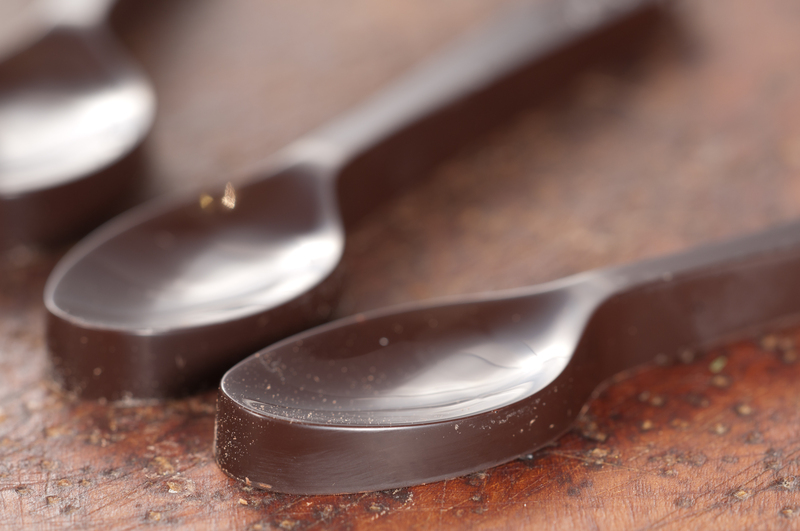The Chronicle of Hard Rubbish: Disposal Techniques Defined
In our modern world, waste management has become a pivotal issue due to increasing population and rapid urbanization. Hard rubbish, comprising items such as old furniture, electronics, and appliances, is a significant component requiring sustainable disposal techniques. This article delves into various methods of managing hard rubbish, ensuring that waste is handled effectively and environmentally responsibly.
Understanding Hard Rubbish
Hard rubbish, also known as bulk waste or bulky items, includes large items that don't fit in regular trash bins. These are things like old mattresses, worn-out sofas, broken electronic items, and more. While disposing of these items seems straightforward, doing it properly requires adhering to certain practices to avoid environmental harm.
Why Proper Disposal Matters
- Environmental Impact: Improper disposal can lead to harmful chemicals leaching into the soil and water.
- Resource Conservation: Effective recycling or refurbishing can conserve valuable materials.
- Aesthetic Appeal: Proper waste management enhances the overall aesthetics of a community.

Disposal Techniques for Hard Rubbish
1. Local Council Collection
One of the most common methods of disposing of hard rubbish is through local council collections. Many municipalities offer bulk waste collection services multiple times a year. It's important to stay informed about these schedules and guidelines:
- Check local council websites for collection dates.
- Separate recyclable items from non-recyclable waste.
- Adhere to size and weight restrictions.
2. Recycling Centers and Drop-Off Points
Many communities have designated recycling centers that accept bulk waste. These centers often repurpose items, diverting significant waste from landfills.
- Electronics Recycling: Dispose of e-waste responsibly to avoid toxic material contamination.
- Metal Recovery: Recycled metals have a secondary life, saving energy and resources.
- Mattress Recycling: Fabrics and metals from old mattresses can be reused.
3. Waste Transfer Stations
Waste transfer stations serve as an intermediary step in waste management. Individuals can drop off hard rubbish at these points, where waste is sorted and either recycled or sent to landfills. This process reduces the overall environmental footprint of waste disposal.
4. Donation or Resale
One person's trash can often be another's treasure. Before discarding items as hard rubbish, consider:
- Donating to Charities: Many organizations welcome functional furniture and appliances.
- Second-Hand Market: Websites like eBay, Craigslist, or local classifieds are perfect for reselling items.
5. Upcycling and Repurposing
Upcycling gives hard rubbish a new lease of life by transforming it into a valuable item. For creative waste management:
- DIY Projects: Old wooden furniture can be restored or repainted.
- Creative Furnishings: Use parts from different appliances for unique household items.

The Role of Legislation and Policy
Strong environmental policies play a critical role in the efficient management of hard rubbish. Governments and councils are increasingly introducing stricter regulations to ensure compliance:
- Producer Responsibility: Manufacturers must account for their products at end-of-life stages.
- Landfill Levies: Financial incentives/disincentives for landfill use improve recycling rates.
- Public Awareness: Education campaigns about proper disposal practices reduce environmental impact.
The Future of Hard Rubbish Disposal
Emerging technologies and innovative approaches herald new possibilities for managing hard rubbish. The future may see:
- Smart Bins: Automated sensors that separate waste at the source.
- Advanced Recycling Techniques: Chemical recycling for plastics.
- Closed-Loop Systems: Ensuring materials continually remain in use.
Conclusion: A Call to Action
Proper management of hard rubbish is essential for sustainable urban living. By understanding and implementing these disposal techniques, individuals and communities alike can contribute to a cleaner, healthier environment. It's time to embrace these strategies and play an active role in waste management.
The Chronicle of Hard Rubbish is a testament to how impactful small, conscious decisions can be in mitigating waste challenges. By working together and remaining informed, we can redefine waste as a resource, not just refuse.